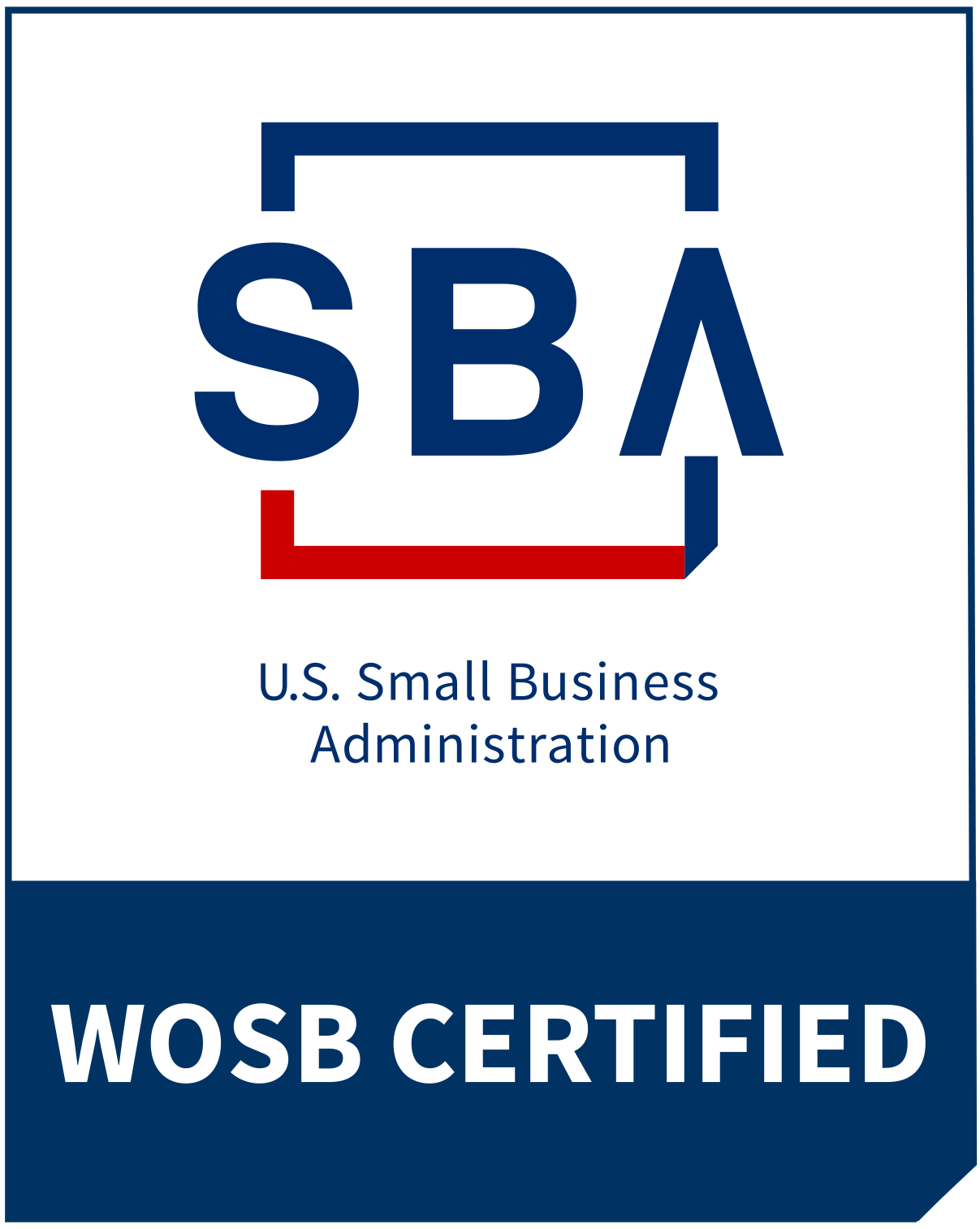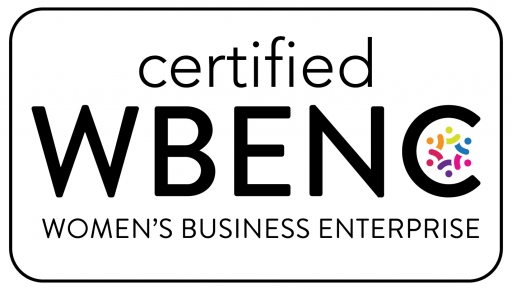Earth Day 2024 just happened. Sustainability is heating up: it’s a growing priority for the world. Gen X and Millennials are especially interested in reducing the harmful effects of climate change. Plus, they expect companies to do more. In response, corporations are making efforts to be more sustainable.
There’s no better time than now to celebrate earth month innovations! This summarizes three cool sustainability focused innovations we highlighted on LinkedIn the past thirty days. As consumers’ sustainability demands rise (Harvard Business Review), brands are launching innovations that position sustainability front and center. It’s clear that consumers care about sustainability—and back it up with their wallets.
Brands still lead with their core functional benefit. But, successful brands/products incorporate ESG as a part of their positioning, oftentimes to connect emotionally. These products are needed because of their main consumer job to feed, clean, and finance. They excel because they solve an important function AND they do it with an eco focus.
Let’s examine some case studies of brands/products that highlight their main functional benefit and use ESG as an added selling point.
Tide Evo
P&G promoted Tide Evo™ at SXSW in March. The sustainability benefit isn’t the primary job, though.
Tide evo is 100% concentrated to give you a powerful clean that removes 100% of common stains. It’s designed with eco-friendly recyclable paper packing, which means no plastic bottles or water, making it ready to recycle without any mess…

Tide Evo is focused where Tide always has been: Deeply cleaning and removing common stains from clothing. You’ll note that P&G doesn’t overtly claim the product is sustainable. They lean into superior cleaning power and say it’s eco-friendly.
“Tide evo is the first detergent to incorporate six powerful layers of 100 percent concentrated cleaning ingredients in each fiber, offering superior cleaning power. Tide evo is five times more effective at removing common stains than the leading competitive brand bargain detergent, delivering on the Tide promise of superior cleaning in the newest evolution in laundry.” – P&G
Sustainability is the secondary benefit. They highlight that the product doesn’t use plastic bottles, fillers, or extra water, all sustainability concerns for the consumer.
Our take – Even though sustainability is increasingly becoming table stakes for brands, consumers expect your product to solve the primary functional job first. If the detergent doesn’t deeply clean, the rest doesn’t matter.
V2Food
V2 Food is an Australian company that produces meat alternatives. They’ve copied animal protein using fiber-rich plant-based ingredients that deliver on taste and nutrition. The V2 lineup includes burgers, sausages, mince, tenders, ready to eat meals such as spaghetti bolognese, and more.

They are solving for the classic job of delivering tasty, good for you nutrition. Companies have been tackling this job for decades, maybe even centuries! V2 meat alternatives provide the same protein, iron, zinc, phosphorus, and vitamin B content as animal protein – without cholesterol.
They build sustainability into the equation by leaning into V2’s lower resource requirements versus traditional meat products. Sustainable Benefit: V2 uses ~½ of the water and land resources compared to meat production. Thus, the primary functional job of delivering tasty, good for you nutrition would include the context of while being good to the planet.
Plus, they take it one step further and state on their website:
“We are working towards the ambitious goal of making v2food a carbon negative company, and are constantly revising our processes to minimize our carbon footprint and the other resources we use to make our products. Because sustainability is at the core of everything we do – from plant to plate.”
Our Take – Don’t expect meat alternatives to unseat meat anytime soon. The market is currently $4.4B globally and expected to grow 24% CAGR through 2030. Yet, the global meat market is valued at $1,314.2B!! Alternative meats are less than 1% of the total market. Alt meats are an important niche, but just that…a niche market.
TreeCard
This startup makes use of wooden payment cards that work similarly to the debit card. The commission for using them is used to fund the planting of trees in 15 different developing nations. The materials used are organic and recyclable. These cards allow users to keep track of their spending and see how many trees they have funded. – source

Main Functional Job TreeCard is solving for: Help me do more with my money.
“Earn points for ethical purchases: Get rewarded for spending ethically, that’s either with trusted brands or for taking public transport (bus, tube, train, bike etc).”
“$100+ vouchers off green tech: Our green tech is expertly refurbished, costs up to 70% less than new and all have 1 year warranties.”
“Earn planet-friendly rewards: Earn a range of environment-first rewards. From sustainable travel experiences to conscious clothing, we’ve got you covered.”
Sustainable Benefit: TreeCard gives a portion of their profits to Ecosia to distribute among their tree planters. Ecosia uses their funding exclusively for trees. They’ve planted 150+ million trees in over 32 countries so far!
Our Take – TreeCard is a cool product and novel idea. Gen X and Millennial consumers are interested in more sustainable products AND worried about paying for them. Most eco-friendly products are costly! Thus, if TreeCard can help them bend the eco-cost curve and be more affordably green, it could be on to something!
Summary
We know it’s tough to stay ahead of the curve. That’s why we are always in search mode. We constantly monitor the food & bev market to uncover unique pain points, jobs-to-be-done, insights, strategies, products and more. It fuels our team as innovators. It helps marketing and innovation leaders triangulate with other sources and pave their strategic paths forward.
Our team of uncommon, entrepreneurial leaders loves to catalyze positive change for marketing and innovation leaders. 80% of the companies we help come from referrals. Hundreds of F1000 companies have found our uncommon experience, proven actionability, and efficient insights generation powered by Lean Research to be valuable. Our Lean Growth Playbook grounded approaches help companies identify opportunities, prioritize what’s important, and align leadership to the path quickly and efficiently. Time is critical, we help you action it productively.
If you need a partner to help you define your strategic product roadmap or identify new innovation opportunities, look no further! Email us at marketing@thegaragegroup.com!


